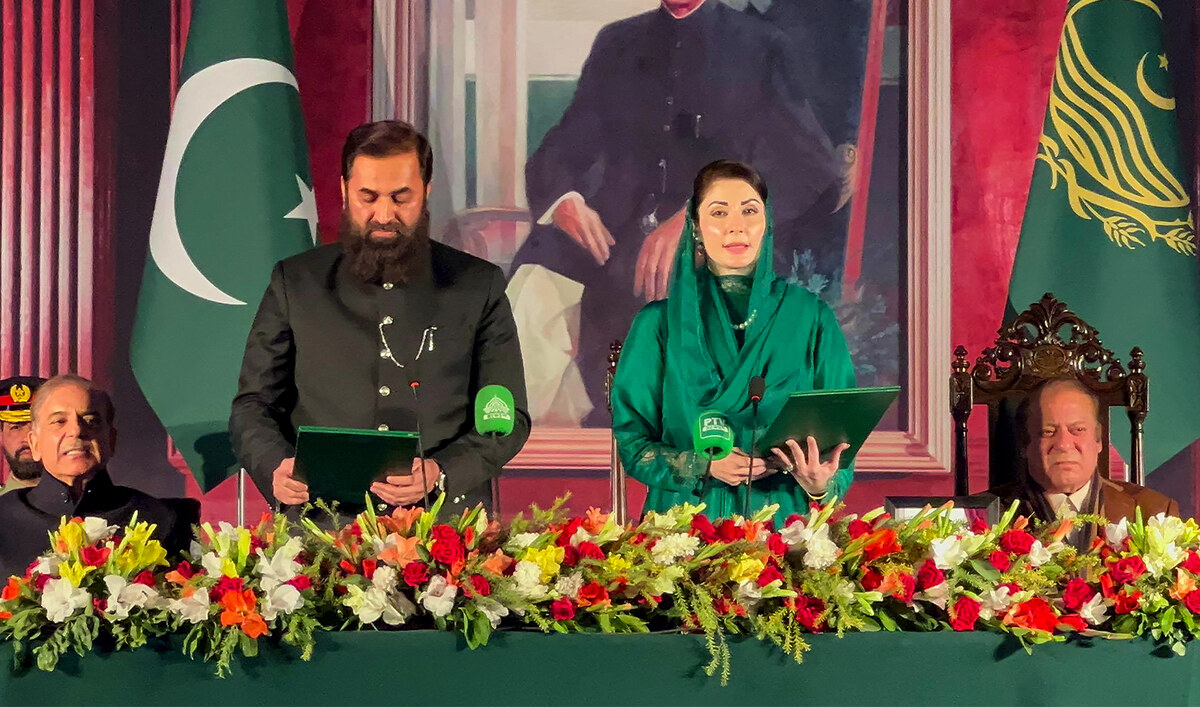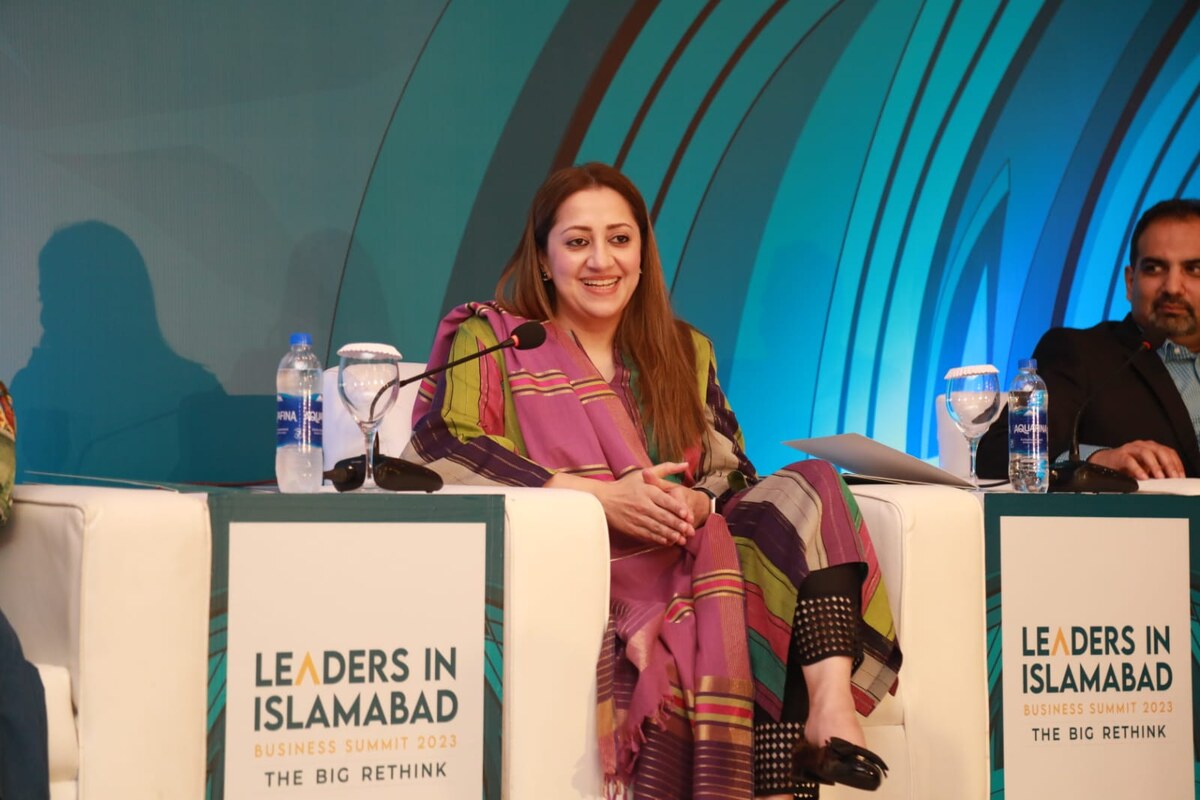ISLAMABAD: Director General (DG) Inter-Services Public Relations (ISPR) Maj-Gen Ahmed Sharif repeated Islamabad’s accusations that militants were launching attacks on Pakistan from Afghanistan and said a recent attack in which five Chinese nationals were killed was also planned in the neighboring country.
A suicide bomber rammed a vehicle into a convoy of Chinese engineers working on a hydropower project at Dasu in the northwestern Khyber Pakhtunkhwa province, killing five Chinese nationals and their Pakistani driver on Mar. 26.
The assault was the third major attack in little over a week on China’s interests in the South Asian nation, where Beijing has invested more than $65 billion in infrastructure projects as part of its wider Belt and Road initiative. It came amid a recent surge in militant violence in the country that the government — without providing evidence — has said mostly involved Afghans. The Taliban government in Kabul denies it allows anti-Pakistan militants to operate from its soil.
“The attack [against the Chinese engineers] was planned in Afghanistan,” the spokesperson of the Pakistan army said at a press conference.
“The explosives-laden vehicle used in the attack was also prepared in Afghanistan and sent to Pakistan. The attacker was also an Afghan national. When the network [that carried out the attack] was exposed, its central characters like Adil Shahbaz, Zahid Qureshi, Nazir Hussain and another one of their companions were arrested.”
However, the DG ISPR said the government was working to strengthen the security of Chinese workers and make it “fool-proof,” saying the attacks on Chinese workers were aimed at undermining Pakistan’s economic interests and its strategic relations with longtime ally Beijing.
Sharif said Pakistan had taken up the issue of militant violence with Afghan authorities, who were unhelpful.
“There is solid evidence of TTP terrorists using Afghan soil to launch attacks in Pakistan,” he added.
The Taliban say Pakistan’s security issues are an internal challenge.
The Mar. 26 bombing followed a Mar. 20 attack on a strategic port used by China in the southwestern province of Balochistan, where Beijing has poured billions of dollars into infrastructure projects, and a Mar. 25 assault on a naval air base, also in the southwest. Both attacks were claimed by the Baloch Liberation Army (BLA), the most prominent of several separatist groups in Balochistan.
Dasu, the site of a major dam, has been attacked in the past, with a bus blast in 2021 killing 13 people, nine Chinese among them, although no group claimed responsibility, like the Mar. 26 bombing.
Pakistan is home to twin insurgencies, one mounted by religiously-motivated militants like the TTP that Islamabad says operate from Afghanistan, and the other by ethnic separatists who seek secession, blaming the government’s inequitable division of natural resources in southwestern Balochistan province.






















